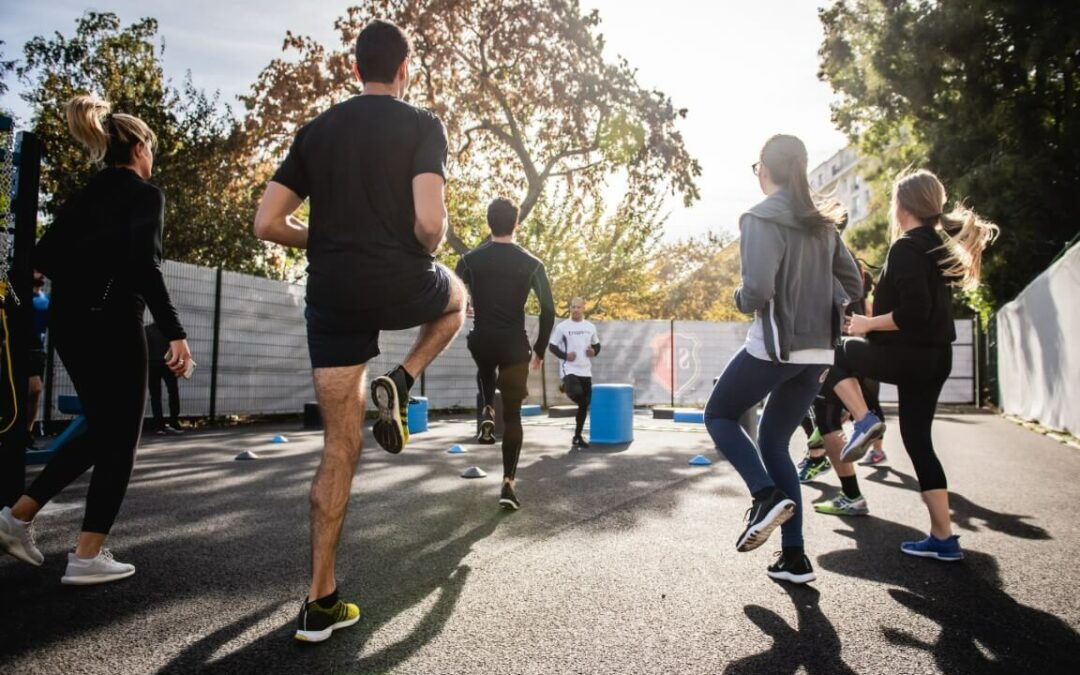Life feels very strange…
Life feels very strange at the moment.The unexpected and unwelcome arrival of the Coronavirus has turned the lives of millions of people upside down.
The way that we’ve reacted emotionally and behaviourally has varied hugely. The primary emotion that some feel is anger, while the minds of others have been dominated by feelings of vulnerability and fear.
It can seem confusing that the same event can trigger such a diverse range of emotions. However, this mystery makes a great deal more sense when we understand the three basic human needs and what happens when we can’t meet them.
The three basic human needs
The three basic human needs have been identified as autonomy, competence and relatedness, and it turns out that recent events have threatened all three of them.
Autonomy
Autonomy refers to the basic need to feel self-determining in our actions. This includes the sense of freedom over our choices that contributes significantly to our emotional well-being. When this need can’t be met we feel angry. Anger is always the result of when something or someone is preventing us from achieving our desired actions or goals. Whether we like it or not, the appearance of the Coronavirus has restricted our freedom and stopped us from doing whatever it is we want to do.
Competence
Competence refers to the need to feel a sense of accomplishment in our daily lives. We like to feel that we are doing a good job in living our lives and perhaps allow ourselves a feeling of achievement as a result along the way. Many people fulfil this need in their work life. But right now many of us can’t work. Not only can this mean that our avenue for experiencing competence is closed down at present, but it can also have a negative impact on our mental health via its effect on self-esteem. This is because many people derive valuable feelings of self-worth from their professional lives. When this is not possible, we can experience anxiety or even feel like a failure as a human being.
Relatedness
Relatedness refers to our need to feel connected to others. This need is very difficult to achieve when we are required to self-isolate. Virtual connection is never an adequate substitute for face to face human connection.
Contextualising the current situation
Khody Damestani, leading therapist and co-founder of mental health and well-being company, MyMindPal, uses an interesting comparison to contextualise the current situation.
“I have a friend who is a retired doctor and we were discussing how people respond to threats,” says Khody.
“He said that he used to divide his patients into two categories: Jack Russells and Springer Spaniels. He said that the Jack Russell type patient would respond to the news that he or she was unwell with anger. They would snap and nip constantly at him at every appointment. The Springer Spaniels on the other hand were incredibly grateful for his care and support. They would metaphorically lick him and wag their tails in appreciation of everything he was doing for them whenever they met.

“The Springer Spaniels had chosen to focus their attention on the care and empathy that he was showing as he treated them. The Jack Russells, however, directed their attention intensely on the injustice of their diagnosis and vented it straight at him.
“The threat we face from the Coronavirus is a fact. But we can respond to that threat by being more like Jack Russells growling and nipping at everyone around us, or we can choose to be more like Springer Spaniels and show kindness, empathy and affection to others instead.
“People behave in different ways when their basic human needs are threatened. Having compassion for our fellow man and respecting the fact that he or she may respond differently to ourselves is more likely to bring us together at this challenging time.”









